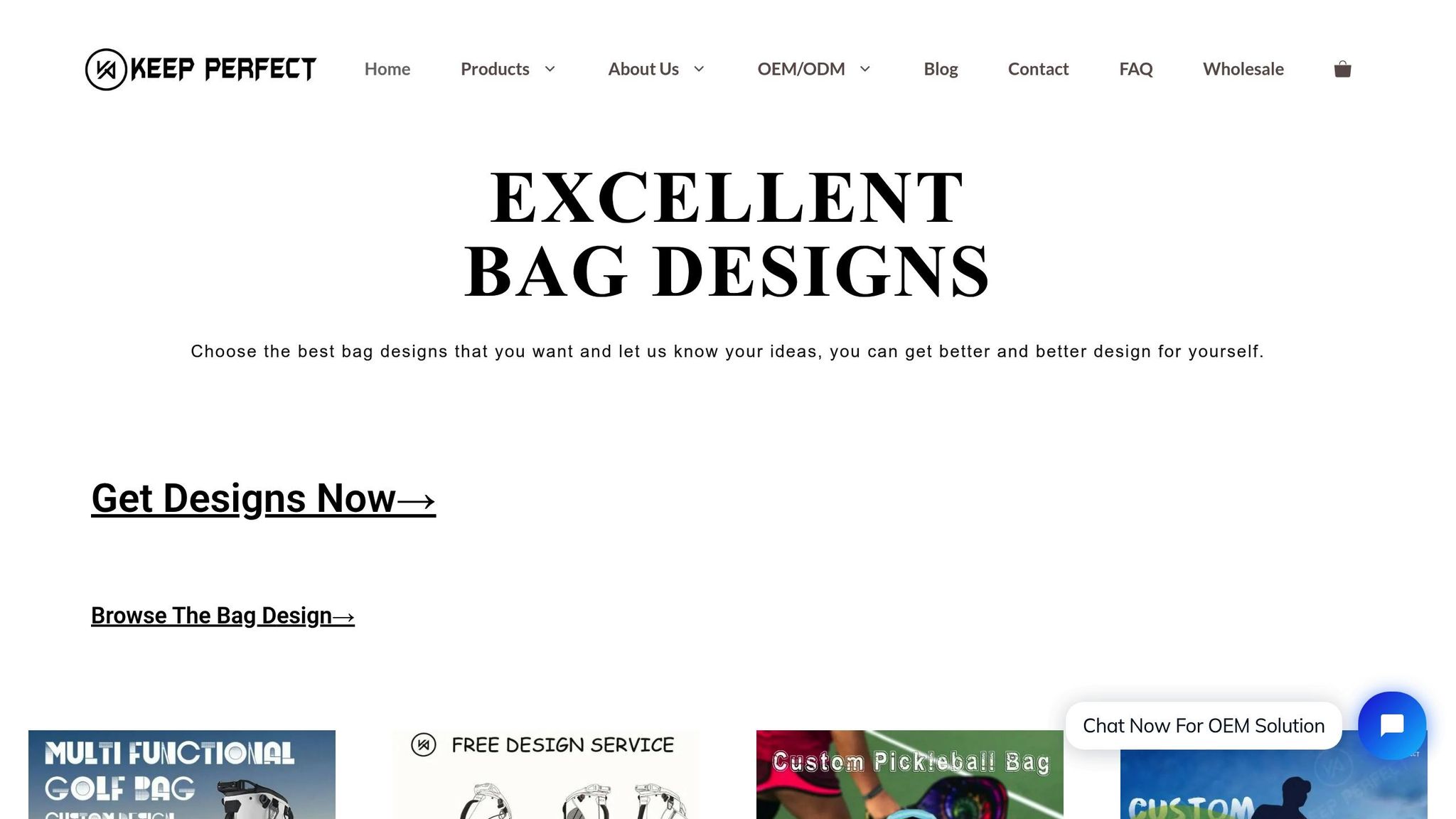When choosing between embroidery and printing for bag logos, the decision comes down to durability, design complexity, and cost:
- Embroidery: Best for simple, bold designs on durable bags like sports or travel bags. It’s long-lasting, textured, and premium-looking.
- Printing: Ideal for detailed, colorful designs on lighter materials like tote bags. Offers vibrant colors and photo-like quality but may fade over time.
Quick Comparison
| Feature | Embroidery | Printing |
|---|---|---|
| Durability | 5+ years, resists wear/washing | 1-3 years, may fade |
| Detail Level | Simple, bold designs | Intricate and colorful |
| Cost | Higher setup, better for bulk | Lower setup, better for small runs |
| Texture | Raised, 3D finish | Flat, smooth finish |
| Best Materials | Nylon, polyester, canvas | Cotton, polyester, canvas |
| Ideal Uses | Sports/travel bags | Totes, promotional items |
Key takeaway: Use embroidery for durability and a premium look; choose printing for intricate designs and vibrant colors. The right method depends on your bag’s material, design needs, and budget.
How Embroidery and Printing Work
Embroidery Basics
Embroidery involves stitching thread directly into fabric using a computerized machine. This process creates a raised, textured logo. It starts with converting your artwork into a digital stitch file. The machine, equipped with multiple needles to handle various thread colors, follows this file to stitch the design. An underlay layer is added first to stabilize the fabric, and then the final design is stitched on top.
Now, let’s break down the main methods for flat-printing logos.
Printing Methods
There are three main flat-printing techniques: screen printing, heat transfer, and direct-to-garment (DTG).
- Screen Printing: Ink is pushed through a mesh stencil onto the fabric. This method works best for bold, simple designs with limited colors.
- Heat Transfer: The design is printed onto transfer paper and applied to the fabric using heat and pressure. It’s perfect for detailed, full-color images.
- Direct-to-Garment (DTG): This method uses an inkjet-style printer to apply ink directly to the fabric. It’s ideal for achieving fine details and is great for small, quick orders.
What to Consider When Choosing a Logo Method
Logo Size and Detail Level
Think about the size and complexity of your logo. Detailed designs and small text often work better with printing, as it captures fine details. On the other hand, embroidery is ideal for bold, simple logos with clean lines and fewer intricate elements.
Materials and Long-term Wear
The material of the bag plays a big role in how well your logo will hold up over time. Embroidery tends to last longer on durable materials like nylon or polyester, thanks to its textured stitching. Printing, however, can produce smooth, high-quality images that work well on a variety of surfaces. Each method has its strengths, so match the material to the logo method for the best results.
Price and Placement Options
Embroidery typically comes with higher setup costs but becomes more cost-effective for larger bulk orders. Printing, on the other hand, has lower setup costs and is better for detailed or intricate designs. When deciding on placement, embroidery works best on flat, reinforced areas, while printing is more flexible and can handle irregular or curved surfaces with ease.
Personalised Clothing | Print Vs Embroidery – Which Should I …
sbb-itb-1e6451b
Direct Comparison: Embroidery vs. Printing
Here’s a straightforward comparison to help you decide between embroidery and printing:
Side-by-Side Features
| Feature | Embroidery | Printing |
|---|---|---|
| Durability | Lasts 5+ years with proper care; resists washing | 1-3 years depending on method; may fade with washing |
| Detail Level | Best for simple designs; limited to 4"×4" | Works well for intricate designs; up to 12"×12" |
| Color Options | Up to 12 thread colors; consistent appearance | Unlimited colors; capable of photo-quality results |
| Texture | Raised, 3D effect | Flat finish |
| Cost Factors | Higher setup fee; better for bulk orders | Lower setup fee; affordable for smaller runs |
| Best Materials | Nylon, polyester, canvas | Cotton, polyester, canvas |
| Ideal Uses | Sports bags, high-end items | Promotional bags, detailed artwork |
JUNYUAN BAGS‘ Expertise

Embroidery Services
JUNYUAN BAGS provides top-notch embroidery with features like:
- High-quality threads for sports and travel bags
- Reinforced backing for durability in high-wear areas
- Precise stitching for clean and professional logos
Printing Services
Their printing solutions include:
- High-resolution DTG printing for photo-like designs
- Color-fast inks, ideal for outdoor and beach bags
- Flexible printing options for curved surfaces
Next, we’ll explore how these methods work best with different bag types.
Logo Methods for Different Bag Types
Choosing the right logo application depends on the bag’s material, durability requirements, and the level of detail needed. Here’s how to pair the best methods with different bag types:
Best Methods for Specific Bag Uses
For gym and travel bags that face heavy wear and tear, embroidery is a solid choice. Its raised stitching holds up well against frequent use and washing, making it perfect for sports bags and sturdy luggage. On the other hand, DTG (Direct-to-Garment) printing works best for tote bags or promotional items, especially when you need photo-quality detail and vibrant colors on smooth fabrics. In short, embroidery suits rugged, high-use bags, while printing is ideal for intricate or colorful designs on softer materials.
JUNYUAN BAGS Custom Options
With over 15 years of expertise, JUNYUAN BAGS ensures every project – big or small – is tailored to combine the right logo method, material, and purpose, delivering consistent and top-notch results.
Conclusion
When deciding between embroidery and printing, consider the type of logo and the bag’s intended use. Embroidery works best for simple, bold designs on durable, high-use bags, while printing is ideal for detailed, colorful designs on lighter materials. Weigh durability against cost – printing is better for large, intricate runs, while embroidery shines for premium or heavy-use needs. With over 15 years of experience, JUNYUAN BAGS specializes in customizing logo applications to improve both the look and functionality of your bags.




 Mobile/What's App/Wechat
Mobile/What's App/Wechat E-Mail
E-Mail ADD
ADD




